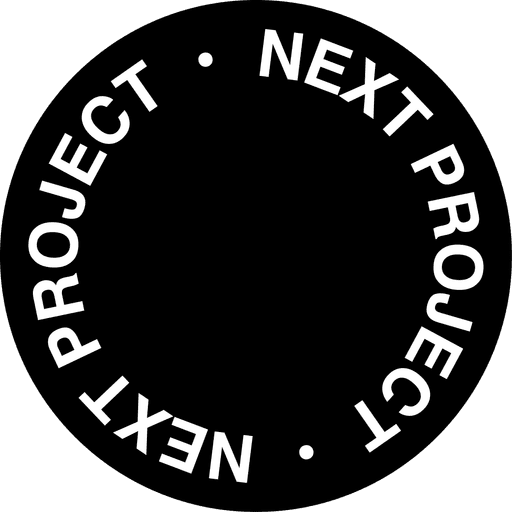AR glasses that implicitly capture memories from our everyday life. Worked closely with 3 engineers to deliver a proof of concept in 32 hours.
Hackathon Project
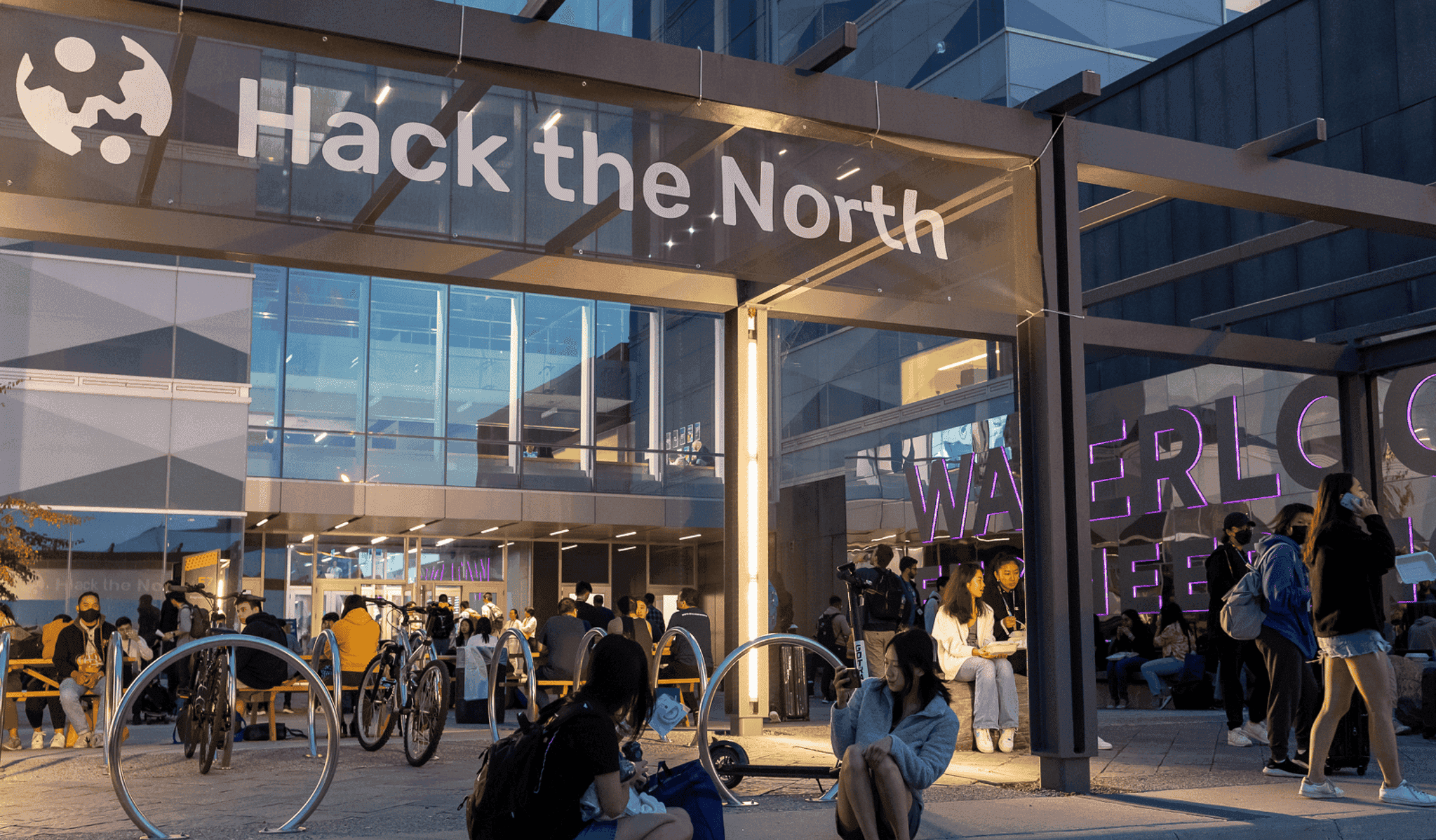
MY FIRST HACKATHON
Start to an eventful weekend
In September 2022, I attended Hack The North at the University of Waterloo, my first hackathon ever. As I write this, I have been to 20+ now and have made some lifelong friends through it.
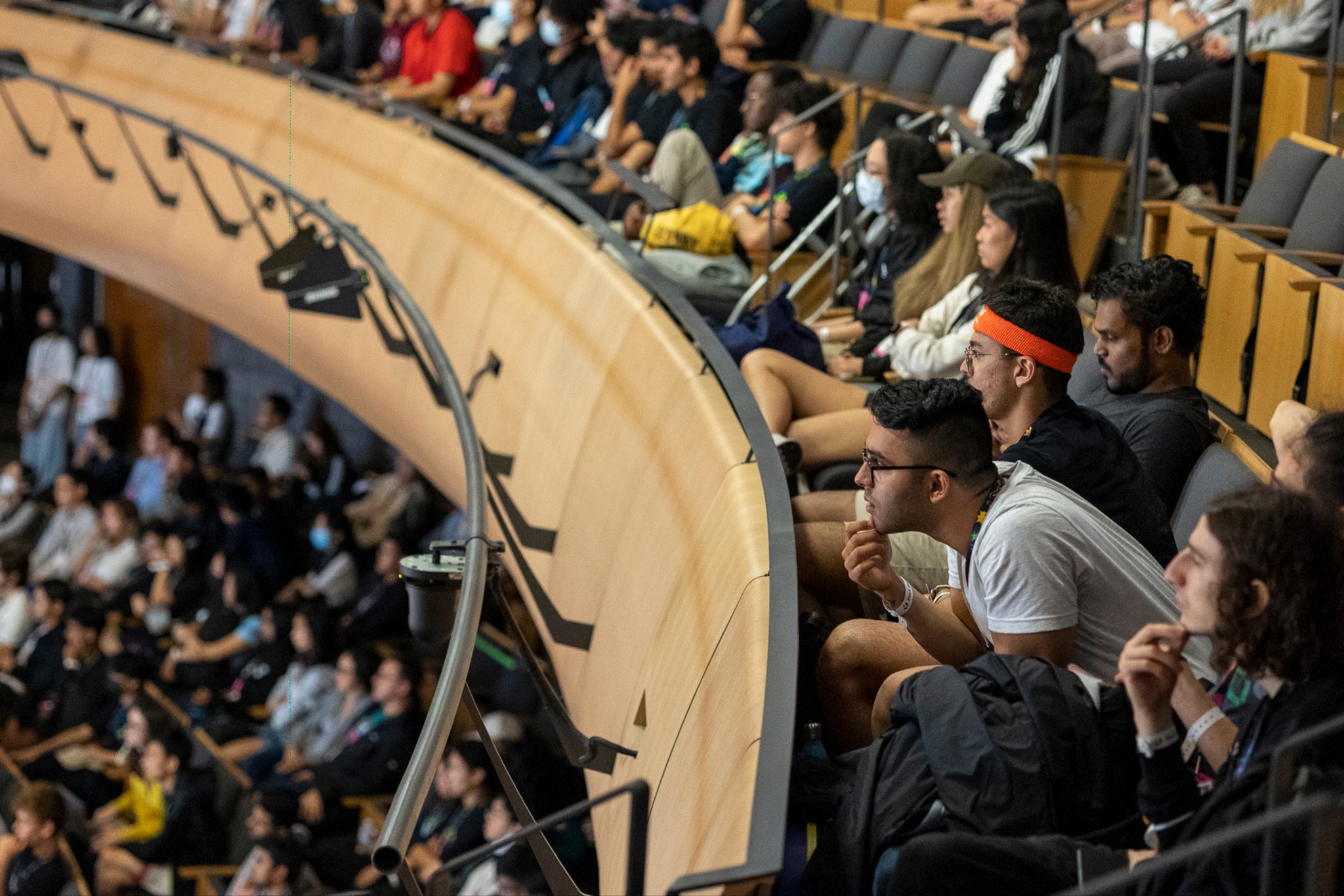
IDEATION
Sprinting with engineers for 32 hours!
We have all experienced the regret of not capturing a moment that we wish we could relive. But what if there was a way to never miss a moment that matters to us, and to have it stored in a place where we could easily access it?
We dedicated 32 hours to developing the AdHawk MindLink Glasses, a device that classifies and captures memories in an implicit way.
Wireframing how memories get stored
As the team's designer, the first few hours were crucial for me as I had to quickly establish constraints, shift out of process mode, and create wireframes for the developers to work with.
My goal was to design a personalized experience that would surface the most valuable information about the memory being accessed.
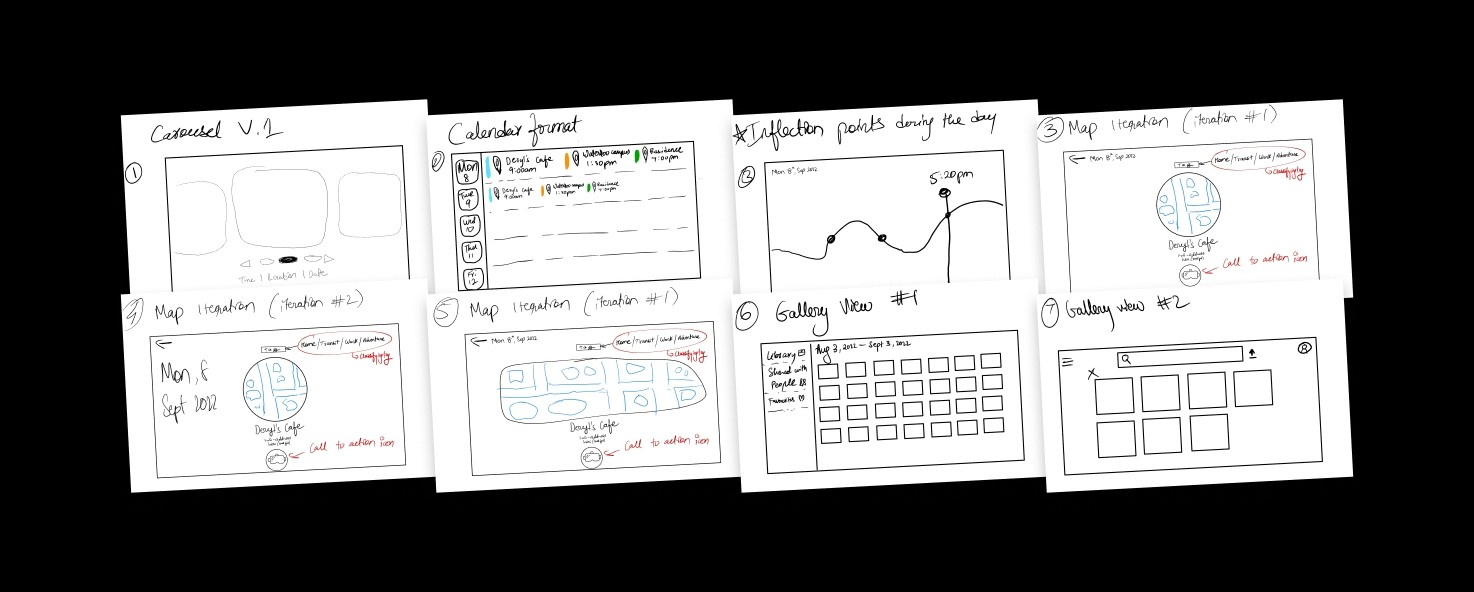
After the first few hours, I built an MVP and we shipped the front end.
Bridging Psychology with Computer Vision
My team faced the challenge of classifying memories as important or not. To address this, I facilitated discussions exploring theoretical methods for stimulus measurement from a psychological perspective. I landed on the idea of using pupil dilation and vision fixation simultaneously.
Proof of Concept
Pupil dilation is often used as a sign of positive stimulus, and we thought about how it might be used to detect moments that are particularly significant or enjoyable for an individual. There are many fascinating and untapped possibilities for using physiological indicators in the design of humane products. You can try it here →
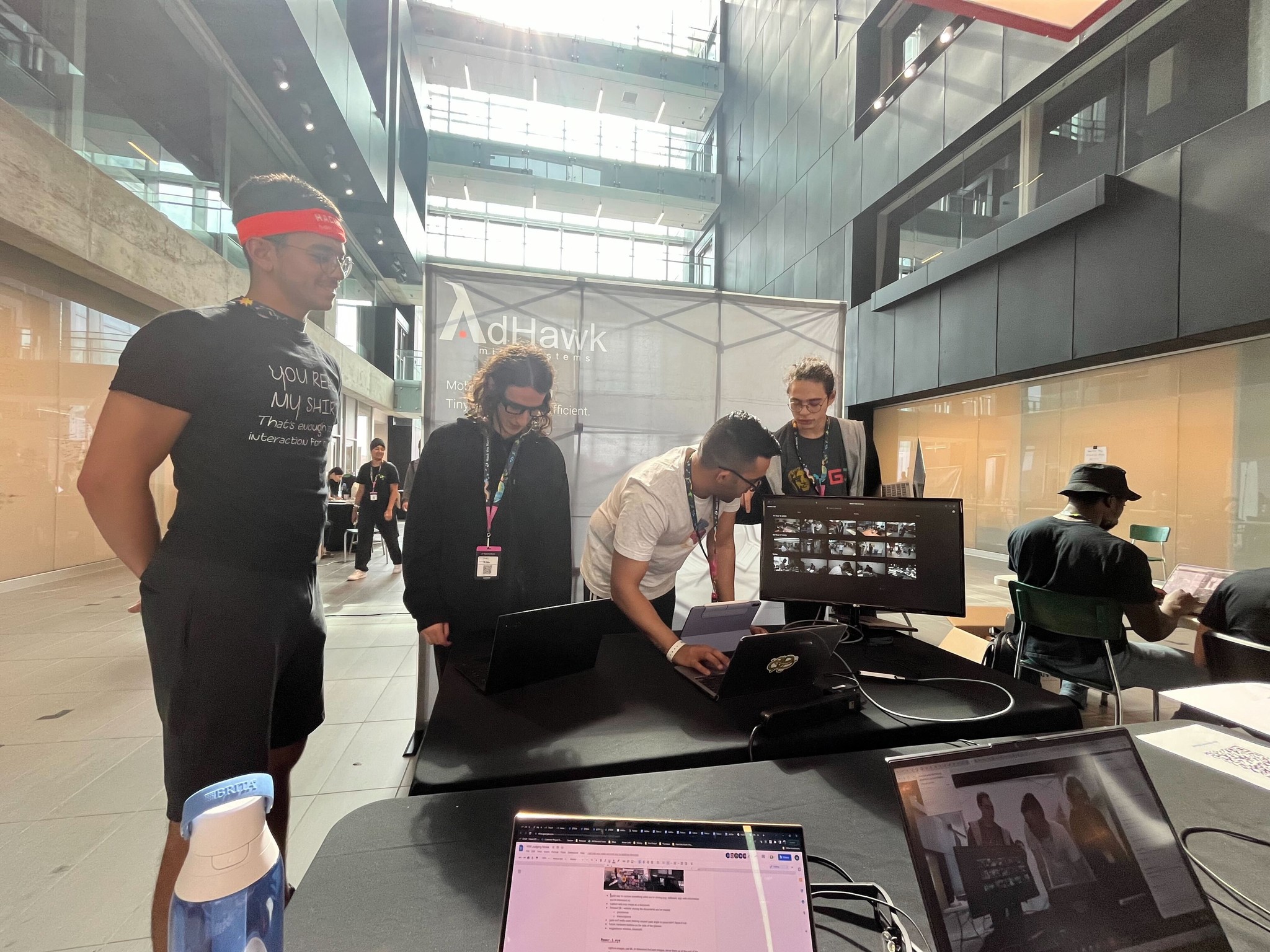
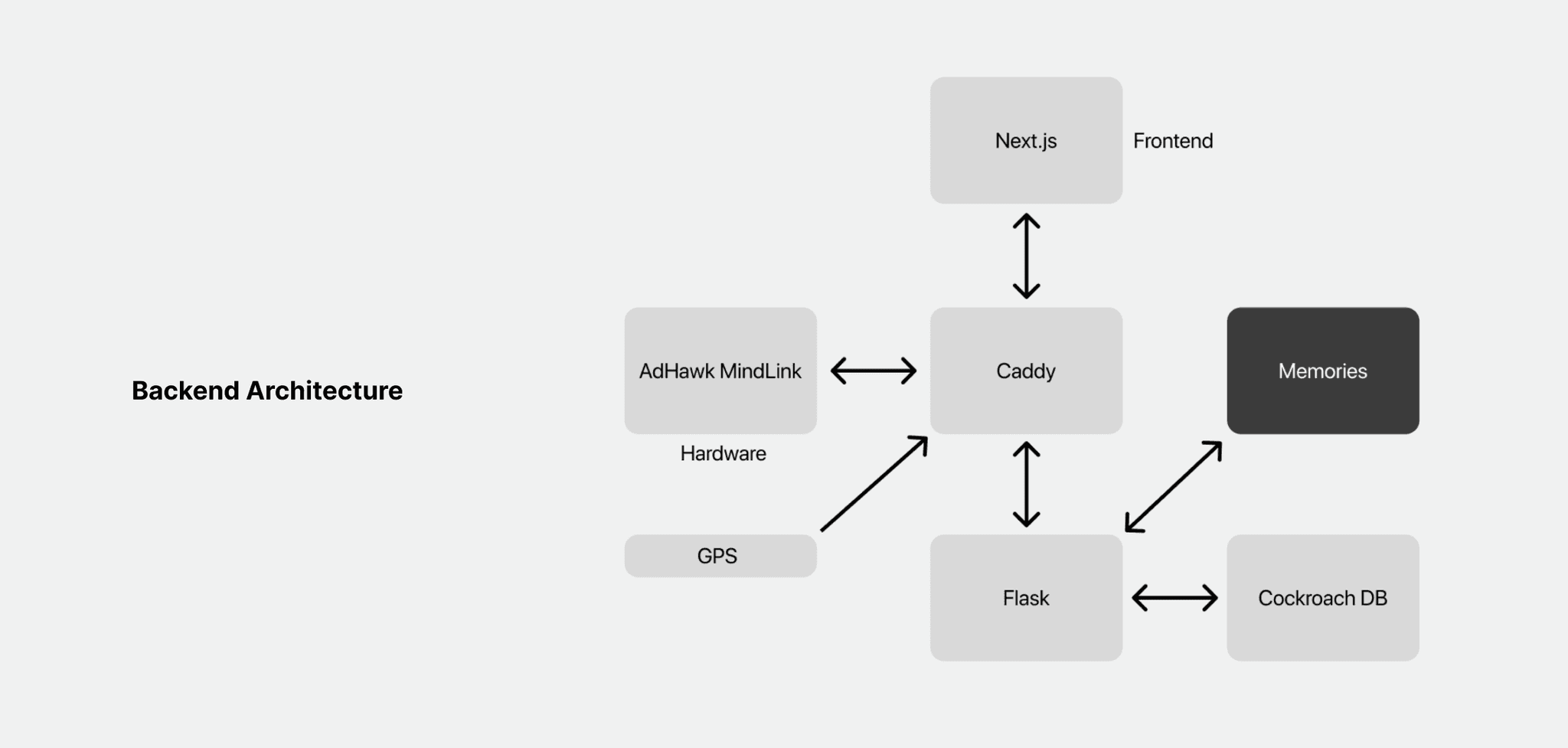
.
.
WHAT'S NEXT?
Research On Eye Tracking
If you're interested in academic research, here is a link to the full paper →
